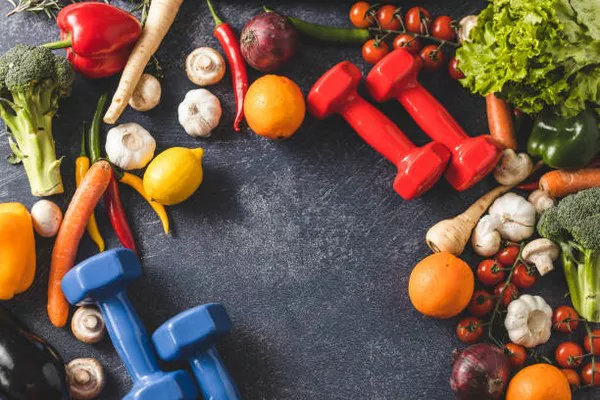Protein plays a crucial role in our bodies, serving as a fundamental component for muscles, enzymes, hormones, and overall tissue repair. For those aiming to lose weight, increasing protein intake is often highlighted as a key strategy.
Dr. Meghan Garcia-Webb, a triple-board-certified expert in internal, lifestyle, and obesity medicine, emphasizes the importance of protein in managing hunger. “Protein effectively signals satiety to our stomach, suppressing ghrelin, the primary hunger hormone,” she explains.
Research supports this claim; a 2021 review published in Nutrients analyzed 37 studies and found that participants who upped their protein intake lost an average of 3.5 pounds more than those who didn’t. Notably, individuals with prediabetes could see substantial benefits from a higher-protein diet.
Daily Protein Recommendations for Weight Loss
So, how much protein should you be consuming if you’re trying to shed pounds? Dr. Garcia-Webb advises a target intake of 1.0 to 1.2 grams of protein per kilogram of your ideal body weight. For instance, if your goal weight is 175 pounds (approximately 79 kg), you should aim for 80 to 95 grams of protein daily.
To calculate your protein needs, convert your ideal weight in pounds to kilograms by dividing by 2.2. This will provide the lower limit for your protein intake. To find the upper limit, multiply your weight in kilograms by 1.2. It’s crucial to base these calculations on your ideal weight rather than your current weight.
Dr. Garcia-Webb recommends that individuals aged 65 and above aim for the higher end of this protein range to combat age-related muscle loss. It’s essential for everyone, especially older adults, to engage in resistance training alongside adequate protein intake to maintain strength and mobility.
The Best Protein Sources for Weight Loss
Dr. Garcia-Webb advocates for whole food plant-based proteins as excellent sources for everyone, highlighting their nutritional benefits and their role in promoting satiety without elevating LDL cholesterol levels. Her preferred protein sources include:
- Quinoa
- Tofu
- Tempeh
- Edamame
In addition, she encourages the establishment of healthy habits, such as aiming for five servings of fruits and vegetables each day. By focusing on nutrient-rich foods, you’ll find less room for less nutritious options, creating a sense of abundance rather than deprivation.
Final Thoughts
Increasing your protein intake can play a vital role in your weight loss journey, helping you manage hunger and maintain muscle mass. However, before making significant dietary changes, it’s always wise to consult your healthcare provider, especially if you have underlying health conditions or specific dietary needs. By integrating these protein-focused strategies into your routine, you can effectively work toward your weight loss goals.


